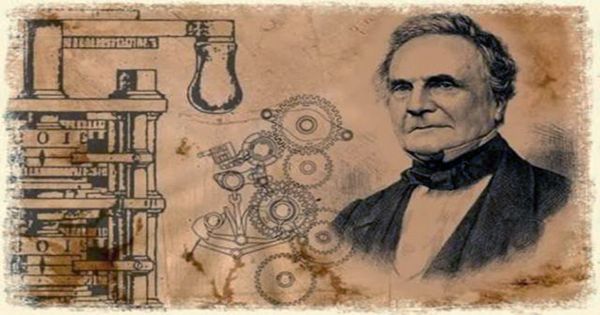Polymath Charles Babbage is often referred to as the “father of computing” because he was. The mathematician, engineer and inventor designed the difference engine, which was never fully built in his time; it was a digital device capable of storing and managing complex mathematical equations.
In the 1830s, he devised a plan for the analytical engine, the real pioneer of modern computers. The device, which was partially built in his time, was fully programmable using punch cards, was designed in many ways, including planned storage space and basic usage efficiency, but the argument goes further, than computers built just before the 1960s. Babbage was very intelligent. He was a huge pedant. In 1842, the poet Alfred Tennyson wrote the poem The Vision of Scene, which contained the lines:
Fill the cup, and fill the can:
Have a rouse before the morn:
Every moment dies a man,
Every moment one is born.
The last few lines, Babbage clearly felt, needed quick data verification. According to Tennyson’s essay editor, he wrote one of the most visited pedantic letters in history and sent it to Tennyson for correction. “Sir,” the letter begins and seems passive-aggressive. “There is a verse in your otherwise beautiful poem” Scene’s Vision “which reads -” Every moment a man dies, every moment a person is born”, the birth rate is slightly higher than the death rate.
I would suggest that you read this in the next version of your poem – “Every moment a man dies, every moment 1 1/16 is born.” The original image is so long that I can’t get it in any line, but I believe the image of 1/16 would be accurate enough for the poem.
I am, Sir, yours, etc,
Charles Babbage”
The letter is, of course, trolling Tennyson without demanding a real correction. As well as talent, Babbage was a peculiarity. According to his notes, he once baked himself in an oven at 130°C centigrade (265°F degrees Fahrenheit) like flan “to see what would happen.” Despite the heat he didn’t feel “any great discomfort” and for five or six minutes he was there. He later arranged a trip to Mount Vesuvius, the famous destroyer of Pompeii, so that he could approach the lava inside.
















